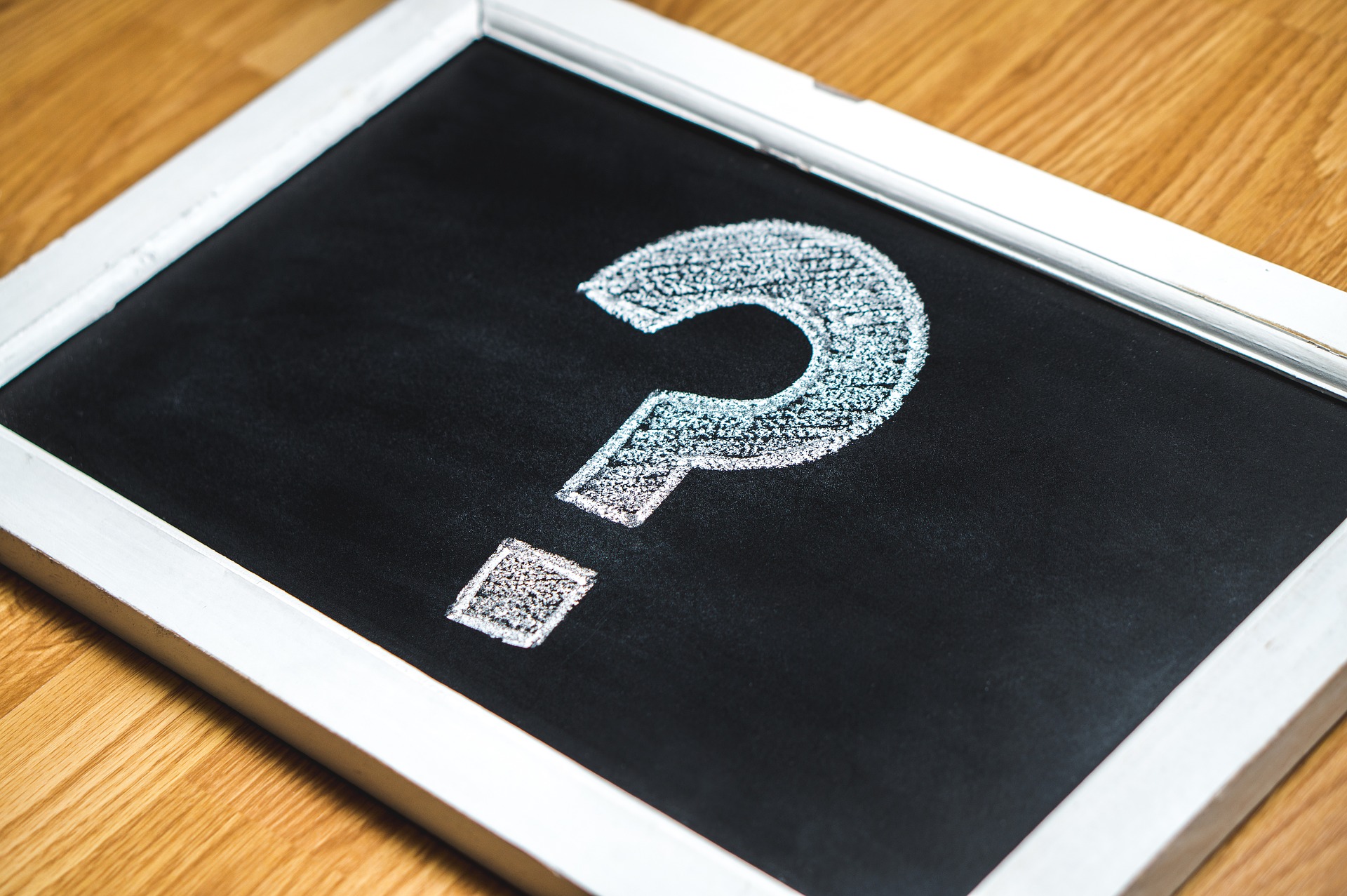Choosing a Lawyer
When choosing someone to represent you, you must be sure to cover some bases first. Your trial becomes the most important part of your life and it must be treated as such. You would never leave the most important thing of your life in the hands of someone who has not been vetted first and that applies when choosing your attorney.
Questions You Need Answers to:
1) Have you ever handled cases like mine?
You need to know your attorney’s history. Experience is key when it comes to defense. You definitely want an attorney who has handled similar cases so don’t be afraid to press for information.
2) Besides trial, what are my options?
Trial should always be the last resort for your attorney. A good attorney will usually strive for the dismissal of the case or even settling for plea bargains before going to trial. Make sure your attorney has a plan before the case even gets that far.
3) How strong is my case?
This may seem like an obvious question and it is definitely not a question to be overlooked. As the client, you need to know all possible outcomes. Learning about how your attorney views the strengths and weaknesses of your case is imperative.
4) What do you feel my plan of action should be?
Try to get an overview of the overall case. Of course lawyers do not have ultimate control over the course of the case, but they should have a plan in place to ensure the smoothest outcome possible. Make sure to ask about why their specific plan of action will produce the best results.
5) How can we communicate?
Staying in constant contact during the process should be your top priority. The more informed you are, the better prepared you will be for all possible outcomes. Large agencies make it difficult to remain in contact with your attorney. Be sure to ask if your attorney can be reached via phone. If they offer their personal cell phone that is even better!
6) What will be my role in the case?
Most lawyers will depend on you for case preparation and will ask you to play the part of assembling documents. Gathering all necessary information for your lawyer will help whether it be documents or personal information. A good lawyer will advise you to not speak to witnesses or take any part in the legal process other than providing such evidence for their use.
7) Price!
Now is the not the time to be shy. The tough questions need to be asked and this is certainly one of them. Although it may be hard to give a total cost, lawyers can often estimate the amount of hours the case will need and provide you with an hourly cost.
8) Will alternative fee arrangements be considered?
Some lawyers will agree on alternative payment options other than hourly fees. Some might work based on percentages and the option of paying after the verdict is even offered by some attorneys.
9) How long will the process be?
Your lawyer should have a basic timeline from the starting point of the case to until a resolution is reached. If a resolution cannot be reached before going to court, the timeline will depend largely on the courts. Asking your attorney will give a good sense of how long the two of you can expect to work together.
10) What is your success rate?
A lawyer is no good if they do not have a successful history. Be sure to ask the total number of cases they have fought and also be sure to ask how many of those have had successful outcomes. A high success rate means getting a better chance of seeing the outcome you wish.

